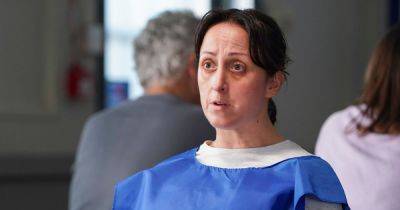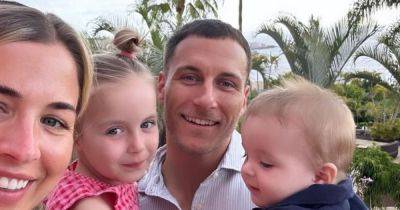Gavin and Stacey's Rob Brydon on the health 'vulnerability' he's always had
Comedy star Rob Brydon is set to bring festive humour to our screens on Christmas Day in the highly-anticipated new Christmas special of Gavin and Stacey. And yet, behind the scenes, the BBC star's journey hasn't always been smooth sailing.
Unbeknown to many fans, the 59-year-old has battled with skin-related issues for many years. According to Wales Online, he isn't embarrassed of his complexion, but does view it as a 'vulnerability'.
"I don't like acne scars," he said on Jamie Laing's Great Company podcast, before adding: "I'd like nicer skin." In Rob's 2012 autobiography, Small Man In A Book, he touched on the skin condition in more detail, explaining that his family and friends always played down its severity.
"The problem with acne is friends and family, keen not to upset the sufferer, will often declare, 'It’s not that bad, really,' when in fact it’s appalling," he penned at the time. "My family played it down. They saw beyond my skin, but it did affect me. I was always fearful of rejection in the last stage with girls. It was the kiss that scared me."
The NHS explains that acne is a common condition that typically gives rise to spots and oily skin. This usually develops on the face, chest, or back in areas with a high concentration of oil glands, though it can appear anywhere.
"Acne is most commonly linked to the changes in hormone levels during puberty, but can start at any age," the health body explains. "Certain hormones cause the grease-producing glands next to hair follicles in the skin to produce larger amounts of oil (abnormal sebum).
"This abnormal sebum changes the activity of a usually harmless skin bacterium called P. acnes, which becomes more aggressive and causes inflammation and pus. The hormones








